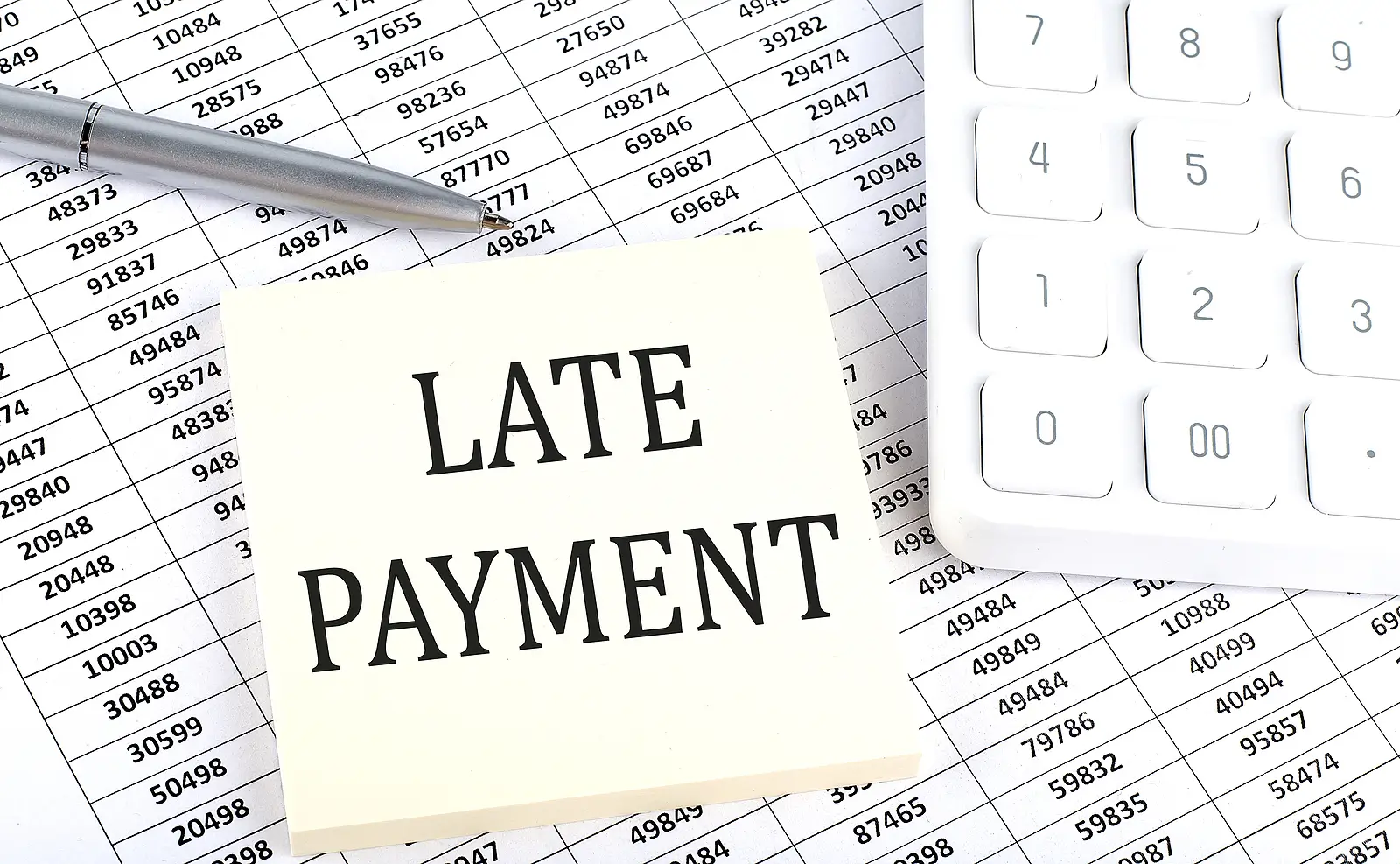Your tenant misses the due date. Now what? Should you give them more time or start the eviction process? Every Kansas City landlord runs into late rent issues at some point. That’s why understanding rent grace periods, Kansas landlord-tenant law, and the rules tied to late fees is key to protecting your rental properties.
Let this article cover what Kansas City landlords need to know about late rent grace periods so you can stay compliant and protect your rental income. Read on.
Does Kansas Law Require a Rent Grace Period?
No, Kansas law does not require a mandatory grace period. That means if your lease agreement or rental agreement says monthly rent is due on the 1st, a late rent payment on the 2nd can legally be considered unpaid rent.
But here’s the catch: if you want to charge late fees, your lease must clearly outline:
- The grace period (if you offer one)
- The late fee amount or flat fee
- When it kicks in after the due date
Without that clarity in your Kansas lease agreement, you risk damaging the landlord-tenant relationship or violating Kansas landlord-tenant laws.
Late Fees and Grace Periods: What's Legal?
Under Kansas Statute 58‑816a, Kansas landlords can charge a maximum late fee of $20 or 20% of one month’s rent, whichever is greater. Charging more than that is allowed only if the fee is reasonable, and the burden is on the landlord to prove it.
These late fee rules must be clearly written in the lease or rental agreement. Enforcing them without proper documentation or applying them unevenly can lead to claims of housing discrimination under federal fair housing laws.
Many landlords and tenants agree on a 3- to 5-day rent grace period to allow for bank delays or weekend pay schedules. Just ensure that every rented property adheres to the same rules. Inconsistent enforcement can violate the federal Fair Housing Act, especially during tenant screening or rent collection.
When Rent Goes Unpaid: What Landlords Can Do
If a tenant doesn't pay rent after the grace period ends, you can start the legal eviction process, but only after giving reasonable notice.
Here’s what that usually looks like:
- Send a written notice (often a 3-day notice to pay or vacate).
- If the tenant violates the notice or refuses to pay unpaid rent, you may file an eviction lawsuit.
- If the tenant moves out, you can apply the security deposits to the rent owed, assuming your lease allows it.
A lease violation like nonpayment must be handled carefully. If a landlord fails to follow the correct steps, they may lose their case or face delays in court.
How to Prevent Late Payments
Avoiding late rent payments starts with careful tenant screening. A reliable tenant screening report can help you spot red flags before approving a lease. Just be sure to follow rental application laws and stay compliant with the federal Fair Housing Act.
Your Kansas lease agreement also plays a big role. Keep it updated to reflect changes in local laws, rent control laws, and payment policies. Clear lease terms around the due date, grace period, and late fees help prevent confusion once the tenant moves into the rental unit.
Setting expectations upfront with prospective tenants supports smoother rent collection and fewer issues with unpaid rent later on.
Manage Late Rent with Confidence
Late rent can create real setbacks, but having the right systems in place makes all the difference. When lease terms are clear and consistently enforced, you’re in a better position to handle missed payments, protect your investment, and maintain strong relationships with your tenants.
Staying informed, updating your lease when laws change, and taking a proactive approach to management can reduce stress and improve long-term results across your rental properties.
At Grit Property Group, we combine expert management with a maintenance-first approach to keep your properties in excellent condition and your cash flow steady. Our focus on communication, care, and long-term value helps you get the most out of your investment.
Contact Grit Property Group today and let our team help you take the next step.



